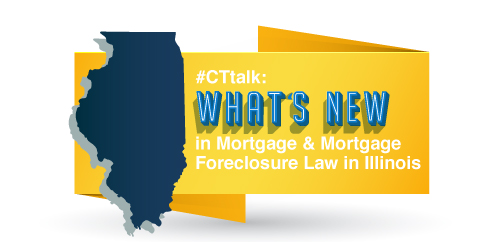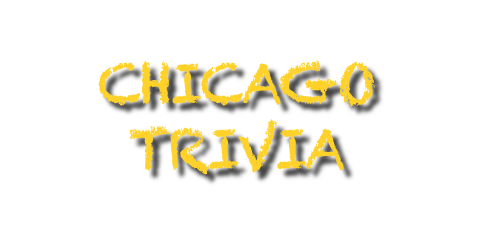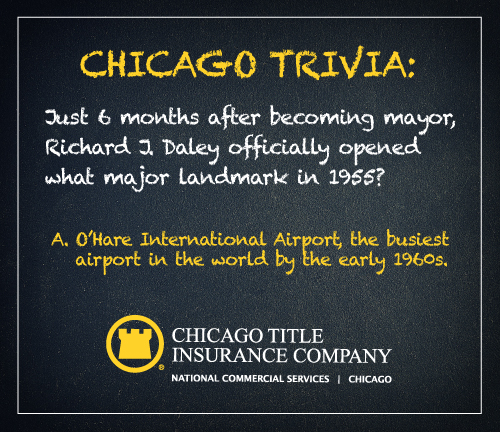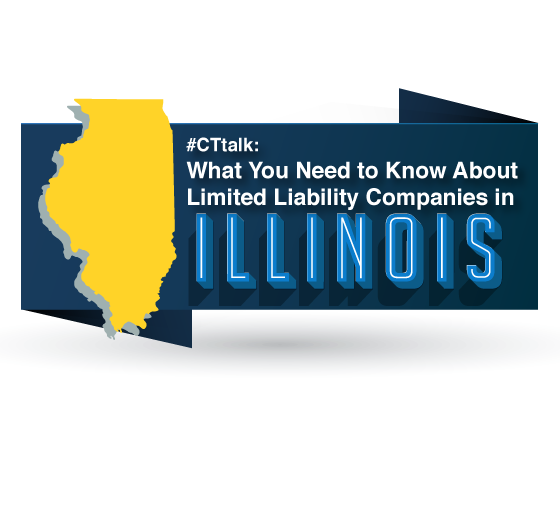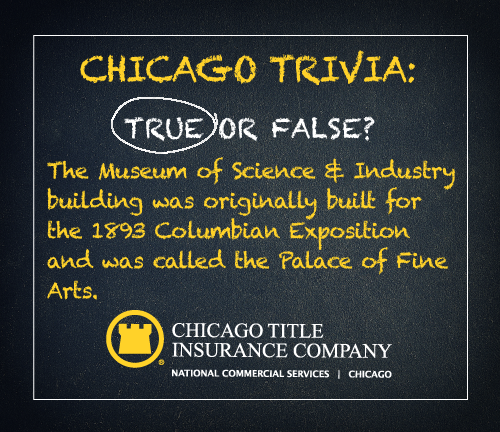By Douglas M. Karlen
Vice President and Regional Counsel
Chicago Title Insurance Company
DOWNLOAD THE ARTICLE HERE.
Several new laws affecting mortgages and mortgage foreclosures recently became effective. This article will describe these new laws.
Mortgage Originators
Public Act 99-113 (HB 2814), effective July 23, 2015, amends Section 1-3 of the Residential Mortgage License Act of 1987, 205 ILCS 635/1-3, to counteract the holding in a recent Illinois appellate court case. See First Mtg. Co. v. Dina, 2014 IL App. (2d) 130567 (a mortgage is void ab initio if originated by an unlicensed lender and any judgment of foreclosure based on such a mortgage is also void).
Section 1-3, entitled Necessity for License, is amended at paragraph (e) to state:
A mortgage loan brokered, funded, originated, serviced, or purchased by a party who is not licensed under this Section shall not be held to be invalid solely on the basis of a violation under this Section.
The amendment goes on to state that this enactment is declarative of existing law—the usual remark when the legislature seeks to upend a judicial ruling.
COMMENT
The amendment effectively eliminates one defense to a mortgage foreclosure proceeding. See also LVNV Funding, LLC v. Trice, 2015 IL 116129 (a judgment is not void if the court that entered the judgment had both personal and subject matter jurisdiction).
Deceased Mortgagors
In a mortgage foreclosure proceeding, case law, court rule, and statute now require the appointment of a special representative for a deceased mortgagor in order to vest subject matter jurisdiction in the trial court. See ABN AMRO Mtg. Group, Inc. v. McGahan, 237 Ill.2d 526 (2010); Ill. S. Ct. Rule 113(i) (referencing 735 ILCS 5/13-209); and Section 15-1501(h) of the Illinois Mortgage Foreclosure Law, 735 ILCS 5/15-1501(h). Public Act 99-24 (SB 735), effective January 1, 2016, amends Section 15-1501(h) to clarify when a special representative need not be appointed. As amended, paragraph (h) states that the court is not required to appoint a special representative for a deceased mortgagor if there is a:
- Living person, persons, or entity holding a 100% interest in the property as the deceased mortgagor’s surviving joint tenant or surviving tenant by the entirety;
- Beneficiary under a transfer on death instrument (TODI) executed by the mortgagor and recorded prior to the mortgagor’s death;
- Person, persons, or entity who acquired title through a conveyance of the property from the mortgagor prior to the mortgagor’s death;
- Person, persons, or entity who acquired title through a conveyance of the property from the administrator or executor of the mortgagor’s probate estate; or
- Trust that acquired title through a conveyance of the property from the mortgagor or from any other person, persons, or entities identified above.
COMMENT



